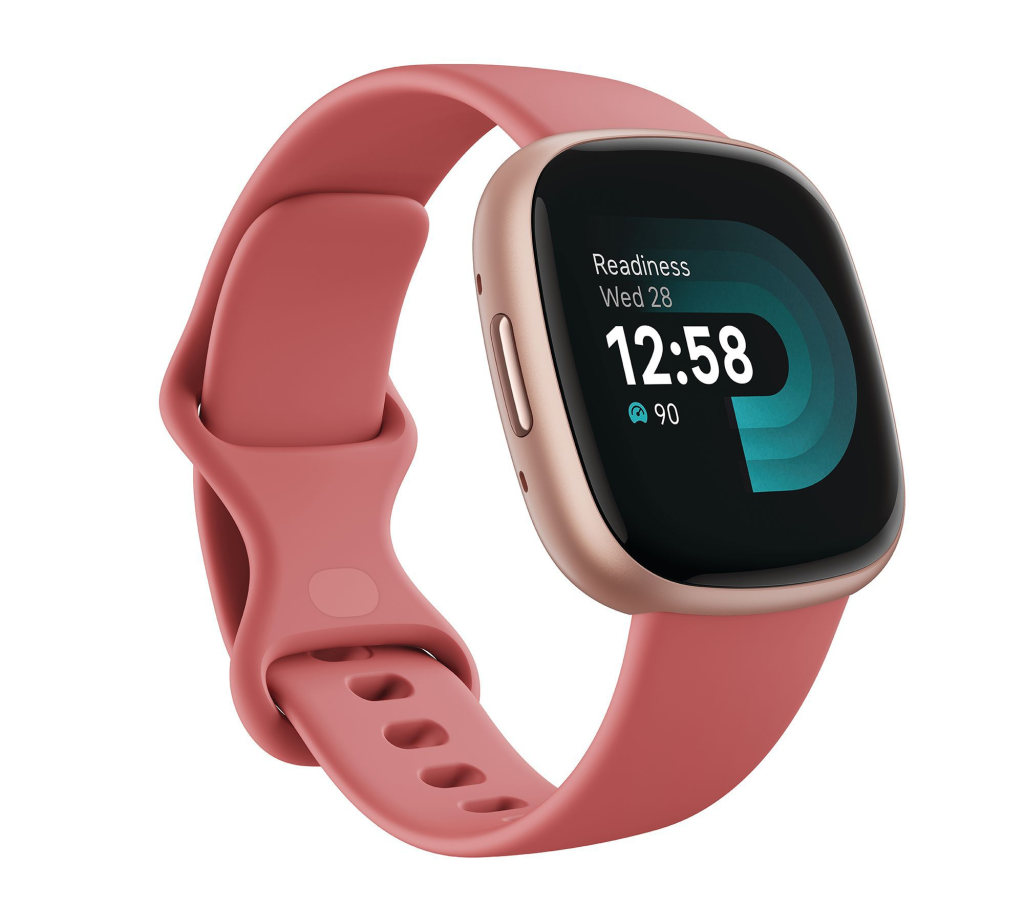
Do Fitbit Batteries Wear Out?
Fitbit devices are designed with rechargeable batteries, which naturally degrade over time. So, the question of “do Fitbit batteries wear out” is an important one for anyone who relies on their device daily. Like most lithium-ion batteries, Fitbits experience a gradual reduction in capacity, meaning the battery may not hold a full charge as efficiently after prolonged use. This process is normal and can be influenced by usage patterns, charging habits, and environmental factors such as extreme temperatures.
Signs Your Fitbit Is Dying
Recognizing when your device is nearing the end of its life is crucial to avoid unexpected disruptions. Common signs your Fitbit is dying include rapid battery drain, frequent shutdowns, or the device failing to charge properly. You may also notice sluggish performance, unresponsive buttons, or issues with syncing data. Understanding these warning signs helps you decide whether a battery replacement or upgrading to a newer model is necessary.
How Long Does a Fitbit Last Before It Dies?
“How long does a Fitbit last before it dies” depends on several factors, including the model, frequency of use, and care. On average, a Fitbit can remain functional for several years, often between three to five years, before major battery degradation or hardware issues occur. Regular maintenance, avoiding overcharging, and keeping the device away from moisture can extend its life significantly.
How Long Does a Fitbit Battery Last?
When asking “how long does a Fitbit battery las,” it usually refers to the duration between charges. Most Fitbits provide several days of battery life on a single charge, typically ranging from 4 to 10 days depending on features like heart rate monitoring, GPS usage, and screen brightness. Over time, the battery’s maximum capacity diminishes, meaning the device may need more frequent charging as it ages.
Tips to Extend Battery and Device Lifespan
Beyond understanding battery wear and replacement, taking proactive steps can help maintain your Fitbit. Reducing screen brightness, limiting GPS use, and updating the device software regularly can preserve battery life. Additionally, avoiding full discharges and storing the device in moderate temperatures can prevent premature battery wear.
By paying attention to the battery and overall health of your Fitbit, you can enjoy consistent performance and longevity, making it a reliable companion for tracking your fitness and health goals.